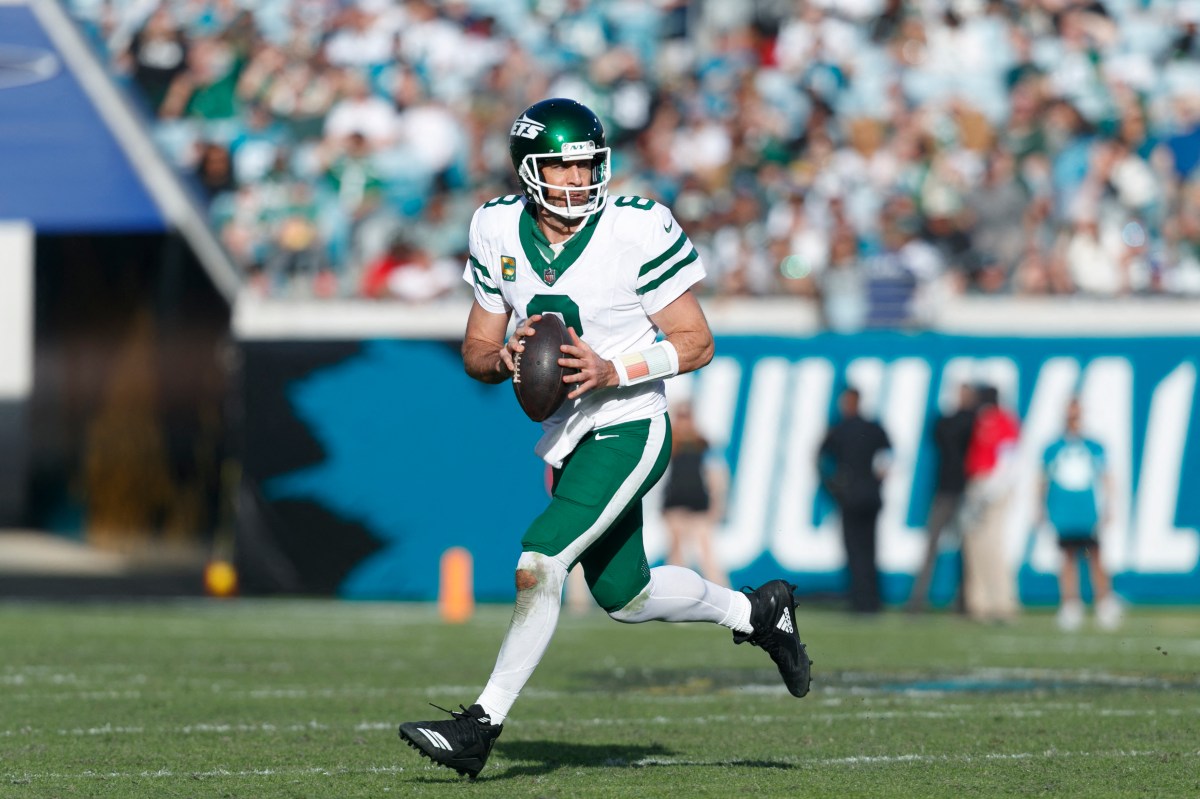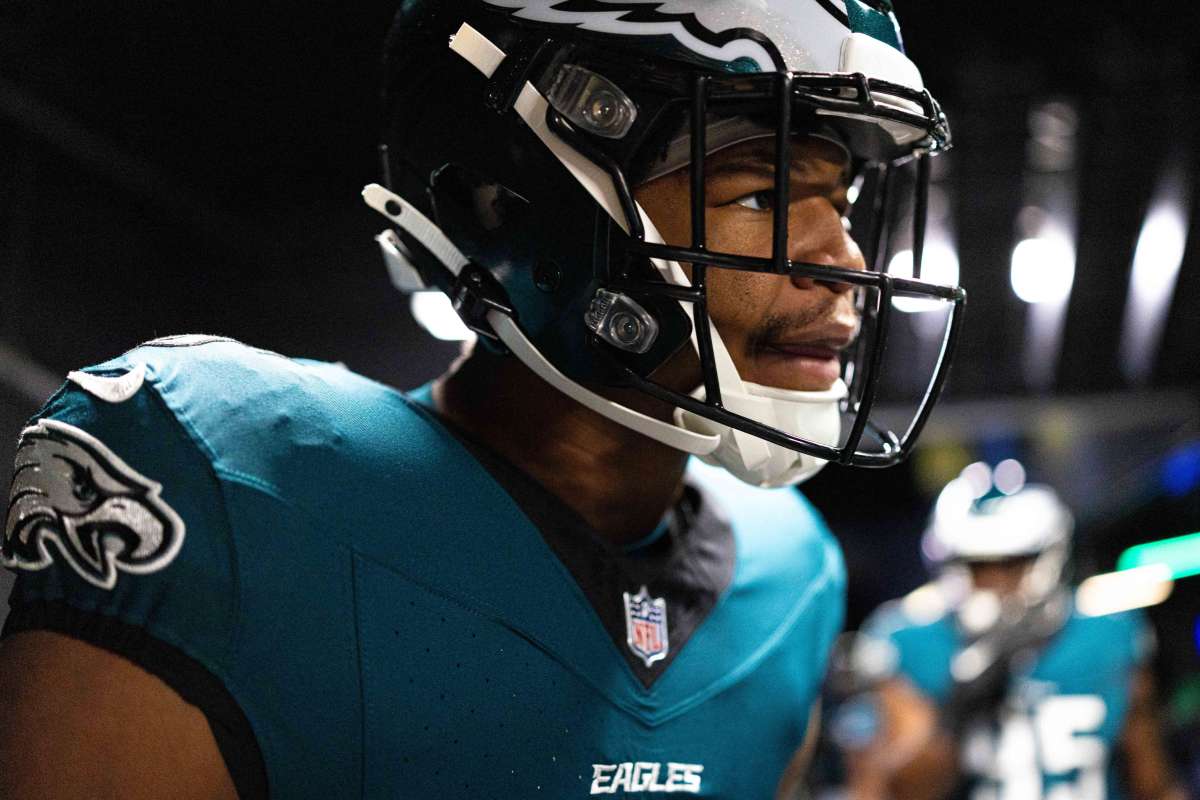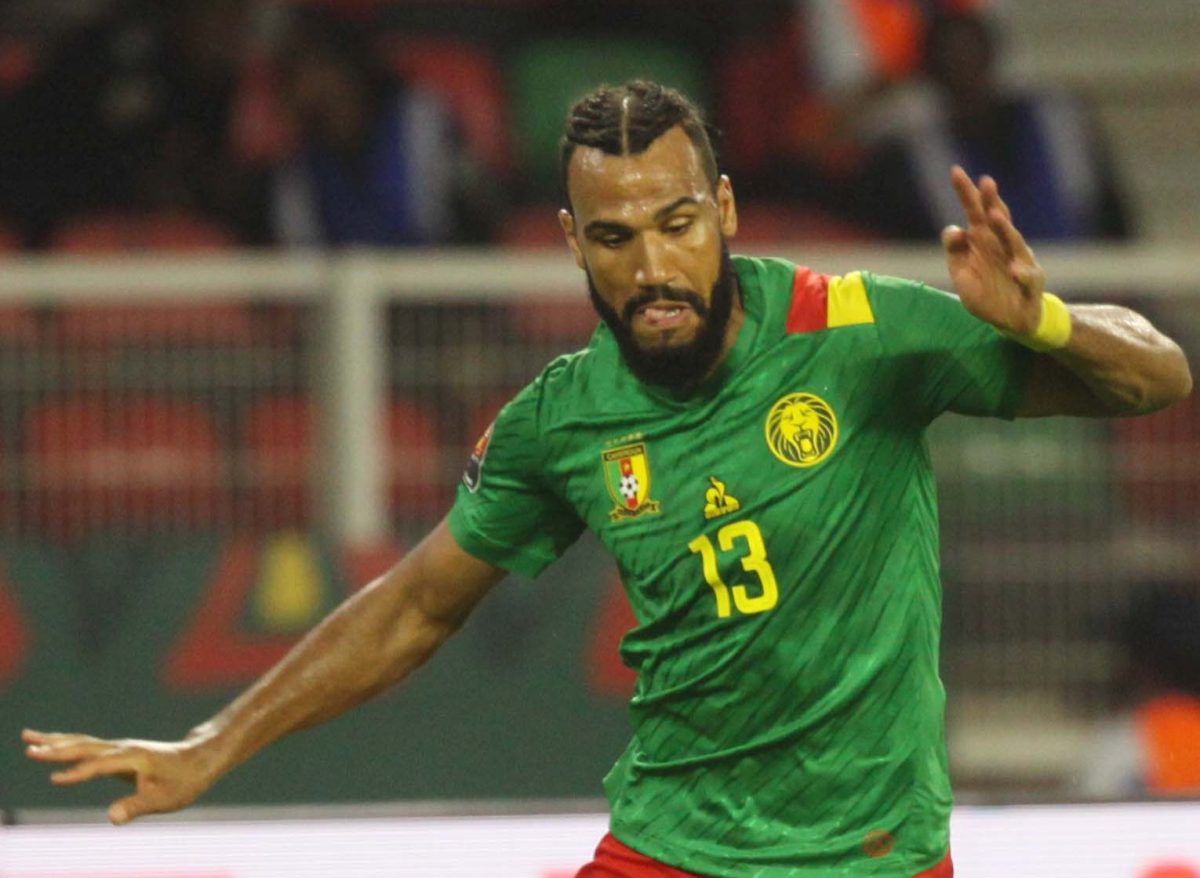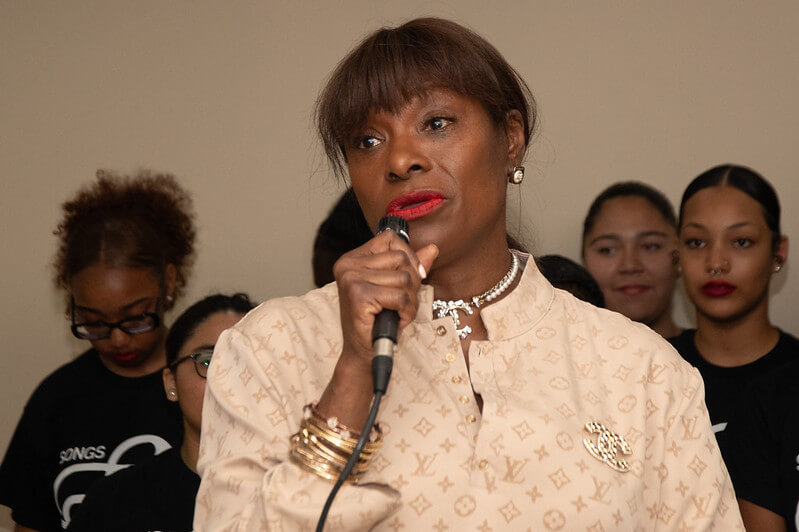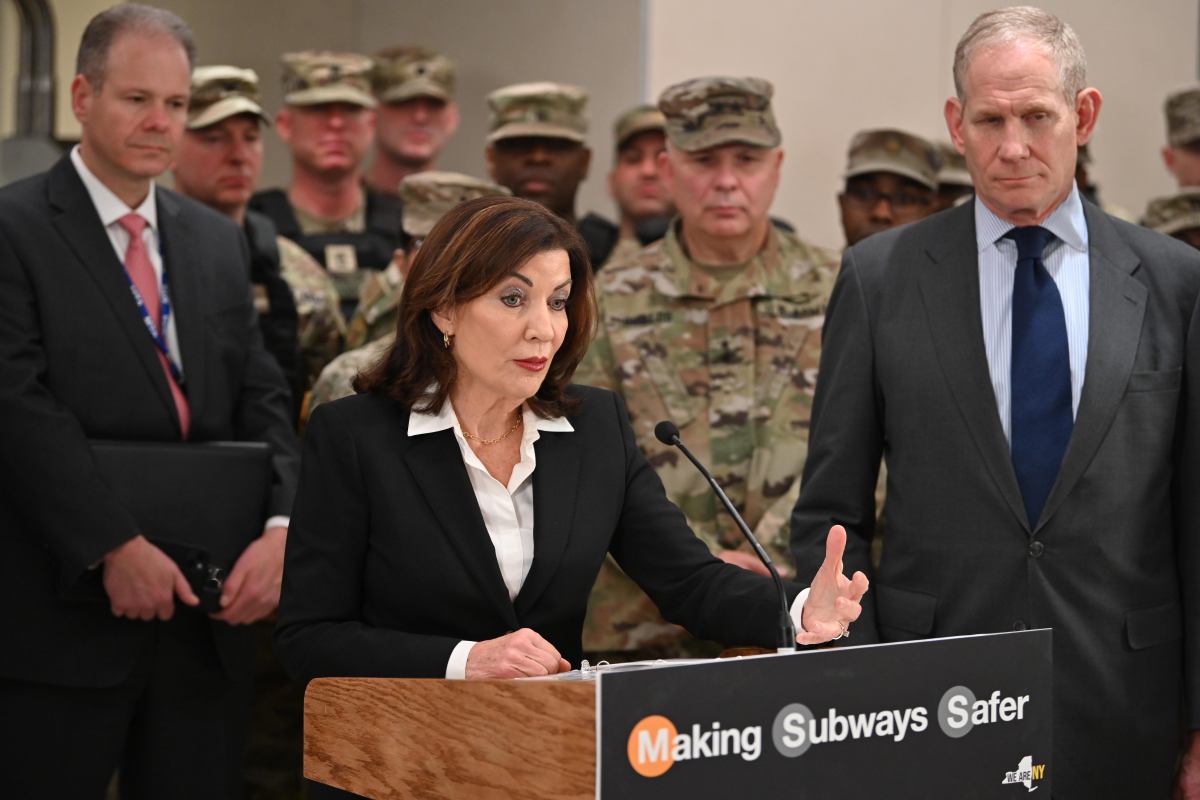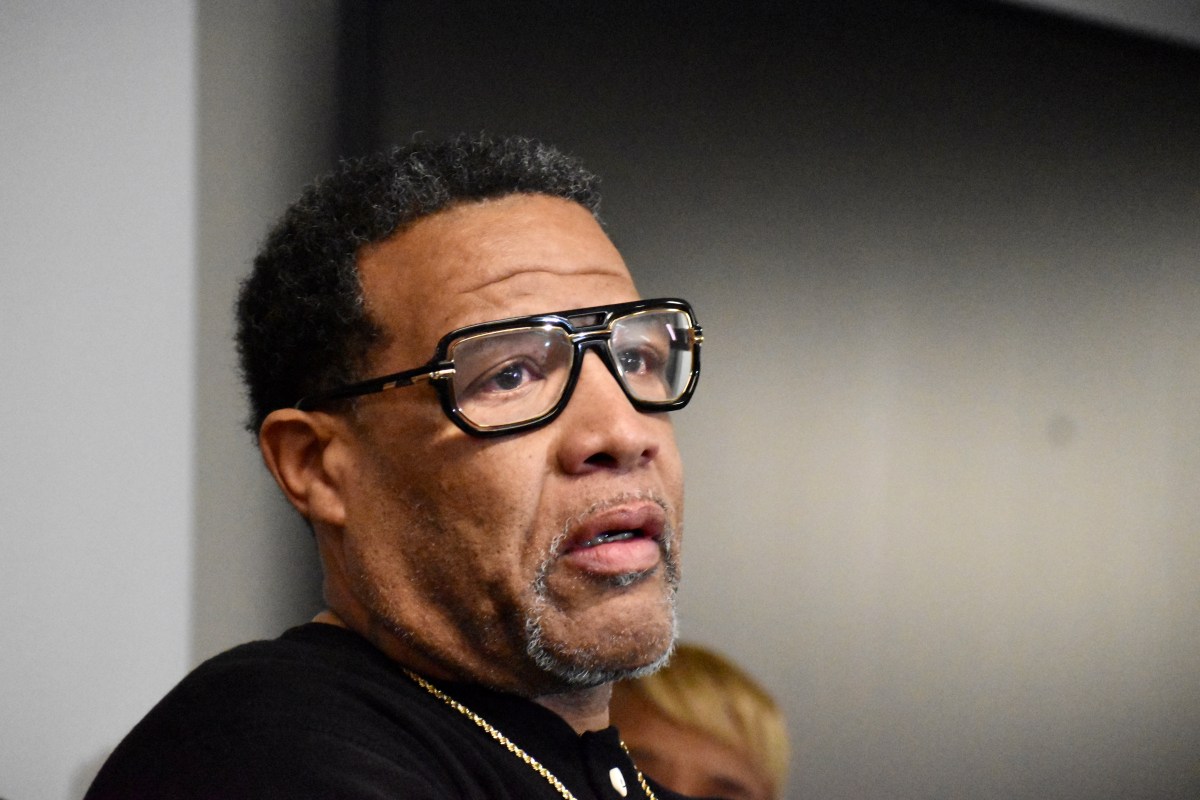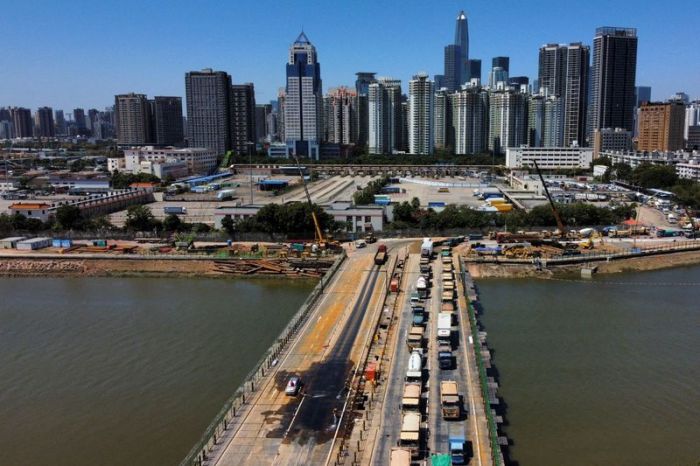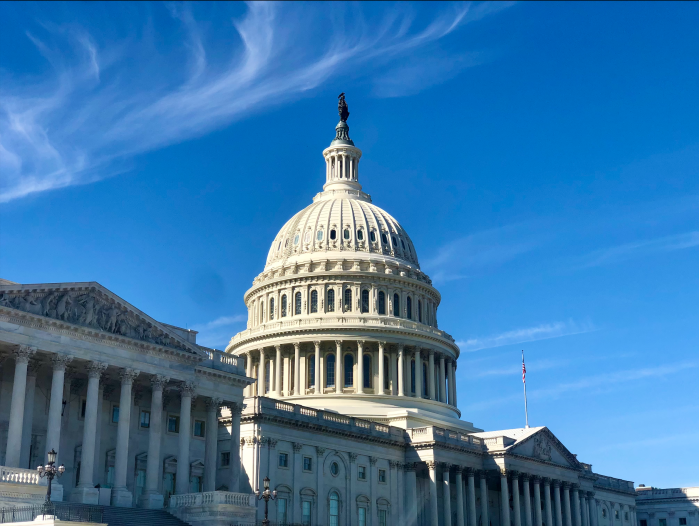JOHANNESBURG (Reuters) – South African President Cyril Ramaphosa on Thursday blamed NATO for the war in Ukraine and said he would resist calls to condemn Russia, in comments that cast doubt over whether he would be accepted by Ukraine or the West as a mediator.
“The war could have been avoided if NATO had heeded the warnings from amongst its own leaders and officials over the years that its eastward expansion would lead to greater, not less, instability in the region,” Ramaphosa said in response to questions in parliament.
But he added that South Africa “cannot condone the use of force and violation of international law” – an apparent reference to Russia’s Feb. 24 invasion of Ukraine.
President Vladimir Putin has characterised Russia’s actions as a “special operation” to disarm and “denazify” Ukraine and counter what he calls NATO aggression.
Kyiv and its Western allies believe Russia launched the unprovoked war to subjugate a neighbour Putin calls an artificial state.
Ramaphosa also revealed that Putin had assured him personally that negotiations were making progress. The South African leader said he had not yet talked with Ukraine’s president Volodymyr Zelenskyy, but that he wanted to.
On Friday, Ramaphosa said South Africa had been asked to mediate in the Russia-Ukraine conflict. He did not say who had asked him to intervene.
“There are those who are insisting that we should take a very adversarial stance against Russia. The approach we are going to take (instead) is … insisting that there should be dialogue,” Ramaphosa added. “Screaming and shouting is not going to bring an end to this conflict.”
Ramaphosa’s African National Congress party, which has governed South Africa since white minority rule ended in 1994, had strong ties to the former Soviet Union, which trained and supported anti-apartheid activists during the Cold War.
For that reason, South Africa is sometimes eyed with suspicion among Russia’s rivals in the West, although it has still enjoyed a high level of diplomatic clout relative to its economic size since its peaceful transition to democracy.
South Africa’s historic refusal to take sides meant “some are even approaching us on a role that we can play (mediating),” Ramaphosa said on Thursday.
“We never want to pretend we have a great influence that other countries have, but we are being approached. (To) condemn one (side) … forecloses the role we could play,” he added.
(Reporting by Tim Cocks; Editing by Catherine Evans)








